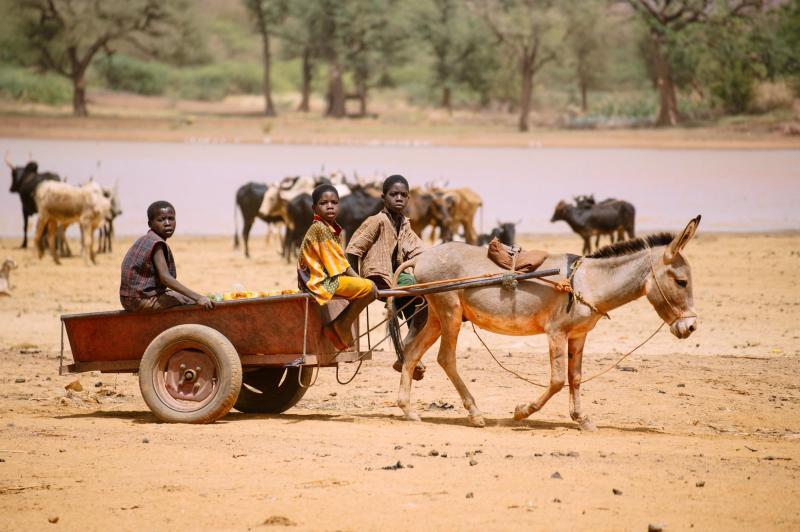Actualités
Ministers urge more collaboration to support pastoralism in the Sahel
Leaders from the Executive Secretariat of the G5 Sahel and Reseau Billital Maroobe (RBM) urge policymakers, practitioners and donors to collaborate more to support pastoralists in the Sahel.
Éditeur SPARC
Leaders from the Executive Secretariat of the G5 Sahel and Reseau Billital Maroobe (RBM) have met to urge policymakers, practitioners and donors to collaborate more to support pastoralists in the Sahel.
As pastoralists in the region face growing challenges that are aggravated by insecurity and conflict, decision makers met in Niamey, Niger, in early June. Mohamed Bazoum, President of the Republic of Niger, is ambassador on behalf of pastoralists in the sub-region and to the African Union.
A ministerial session held by Tidjani Idrissa Abdoul Kadri, Minister of Livestock and Spokesman for the Government of the Republic of Niger, aimed to define a common vision of pastoralism that takes into account the region’s political complexity and recognises the instrumental role pastoralism plays in the region’s economy and way of life.
Country delegations at the event were led by Tidjani ldrissa Abdoul Kadri, Minister of Livestock, at the Government of the Republic of Niger, Tegwende Modeste Yerbanga, Minister of Animal and Fisheries Resources of Burkina Faso, and Abderahim Awat Atteib, Minister of Livestock and Animal Productions of the Republic of Chad.
Abdoulaye Mohamadou, Executive Secretary of the Permanent Interstate Committee for Drought Control in the Sahel (CILSS), Qua Saidou, Executive Secretary of the Authority of Liptako-Gourma (ALG), Kould Jim Guidio, Representative of the Executive Secretary of the G5 Sahel, and Ne Salem El Hadj, Vice President of RBM, also attended. Decision makers reviewed a study entitled “What is the future of pastoralism in the face of insecurity and it impacts: hear the voice of pastoralists in the Sahel and West Africa”.
Ministers highlighted that pastoralism has strong cultural and economic significance in West Africa and the Sahel, providing jobs, growth and contributing to the reduction of food insecurity and poverty in rural areas.
They also voiced concern over areas affected by unprecedented levels of insurgency and armed conflict, and the impact this has on pastoral mobility, including reduced access to resources for pastoralists and a structural loss of income.
Ministers supported efforts made so far to address the crises pastoralism faces in the region, saying: “We take note of the efforts made by States, intergovernmental organisations and development partners to mitigate the effects of multiple crises on pastoralism.”
However, they added that more collaborative effort is needed to address the complex nature of the challenges faced. They said: “These crises are multifaceted and complex and holistic, inclusive solutions must be deployed to make it possible to amplify the efforts made by all the stakeholders.”
Their recommendations included that:
- G5 and RBM consider the implementation of a high-level consultation by governmental bodies on insecurity in connection with pastoral care;
- The Economic Community of West African States (ECOWAS), West African Economic and Monetary Union (UEMOA), CILSS and ALG ensure that states facilitate access for resources for pastoralists, and secure the mobility of pastoralists and their animals between borders;
- Financial and technical partners strengthen the support they provide for the security of pastoralism in West Africa and the Sahel, and adapt humanitarian responses to the needs of displaced pastoral populations;
- Dialogue with other key stakeholders, particularly farmers and other users of natural resources, is strengthened.

A donkey and cart transport goods as cattle graze in Kongoussi village near Lake Bam, Burkina Faso
Credit Image by Ollivier Girard / CIFOR - CC BY-NC-ND 2.0